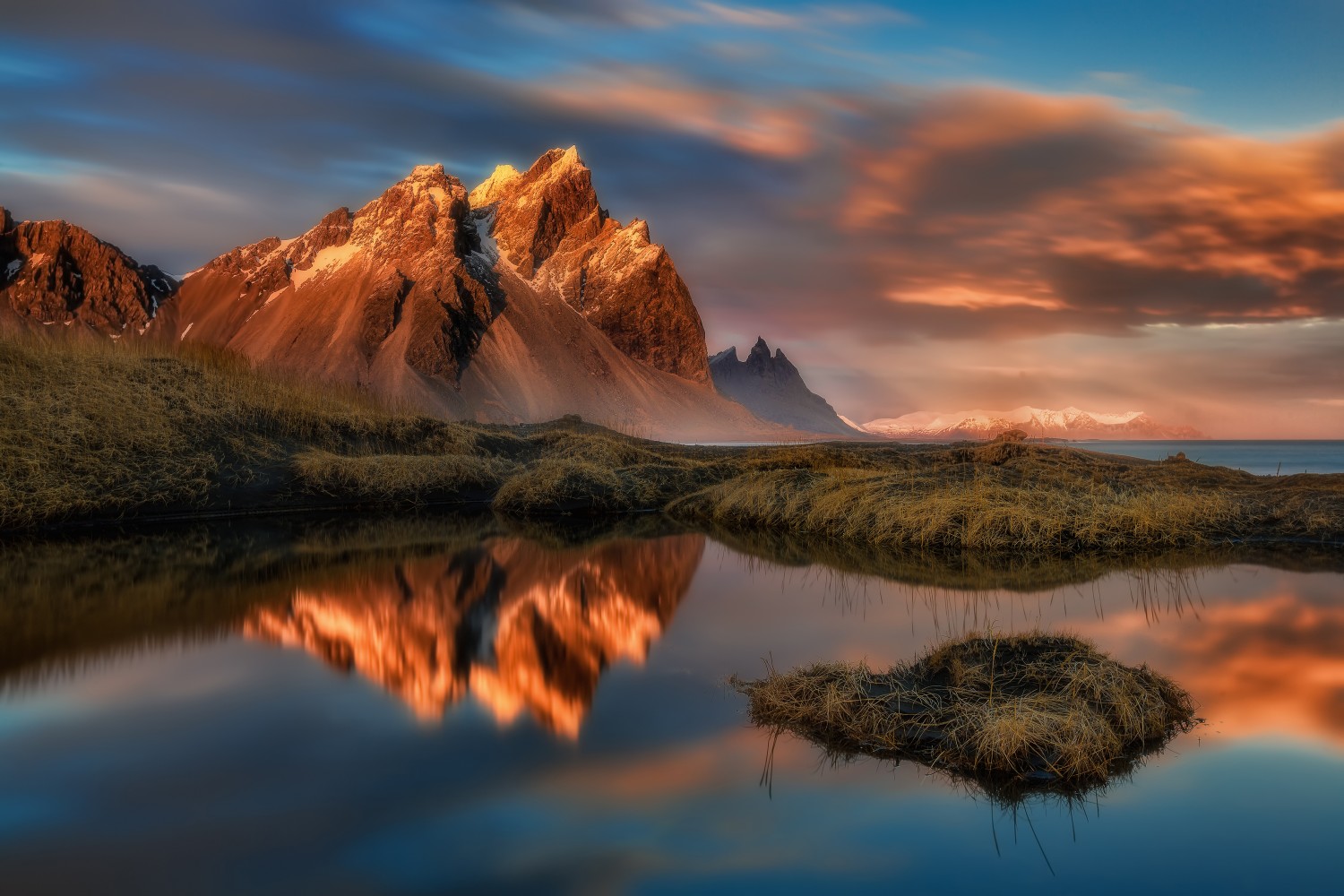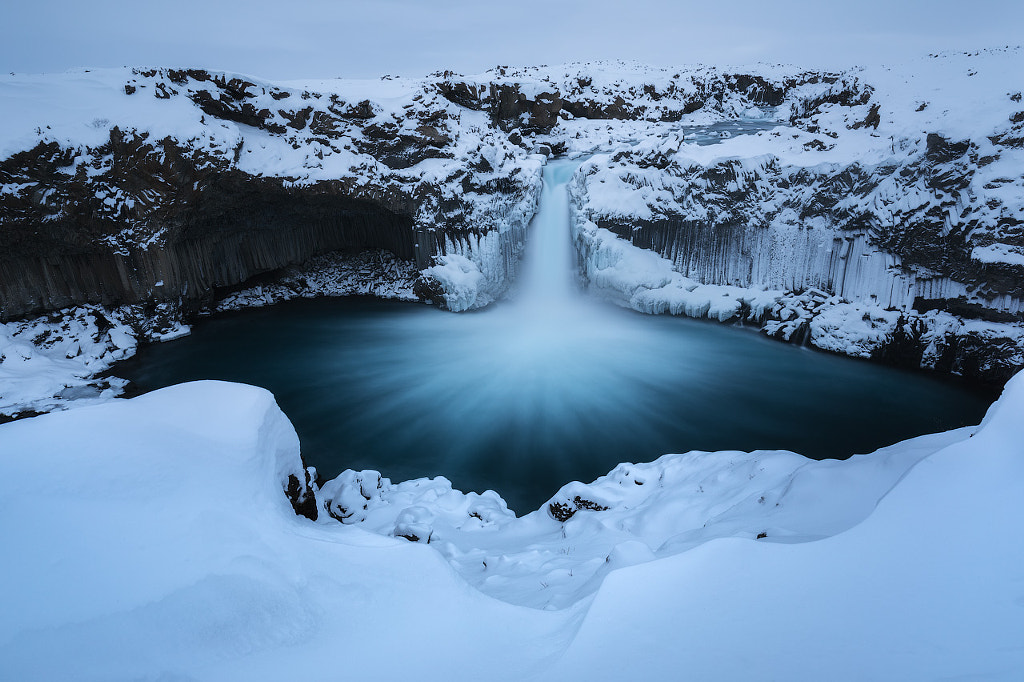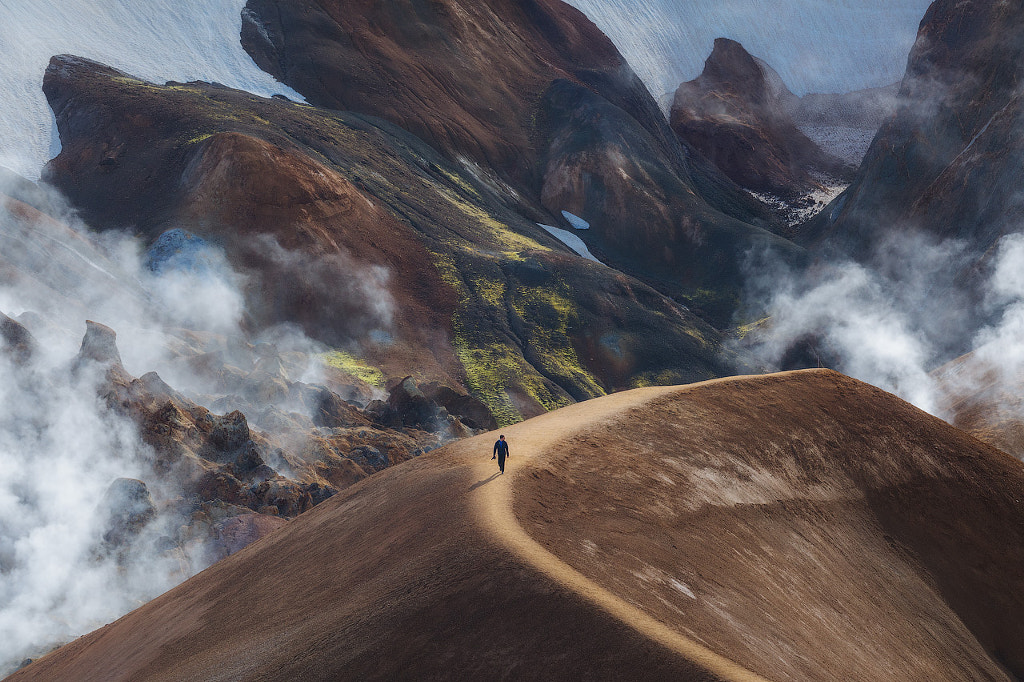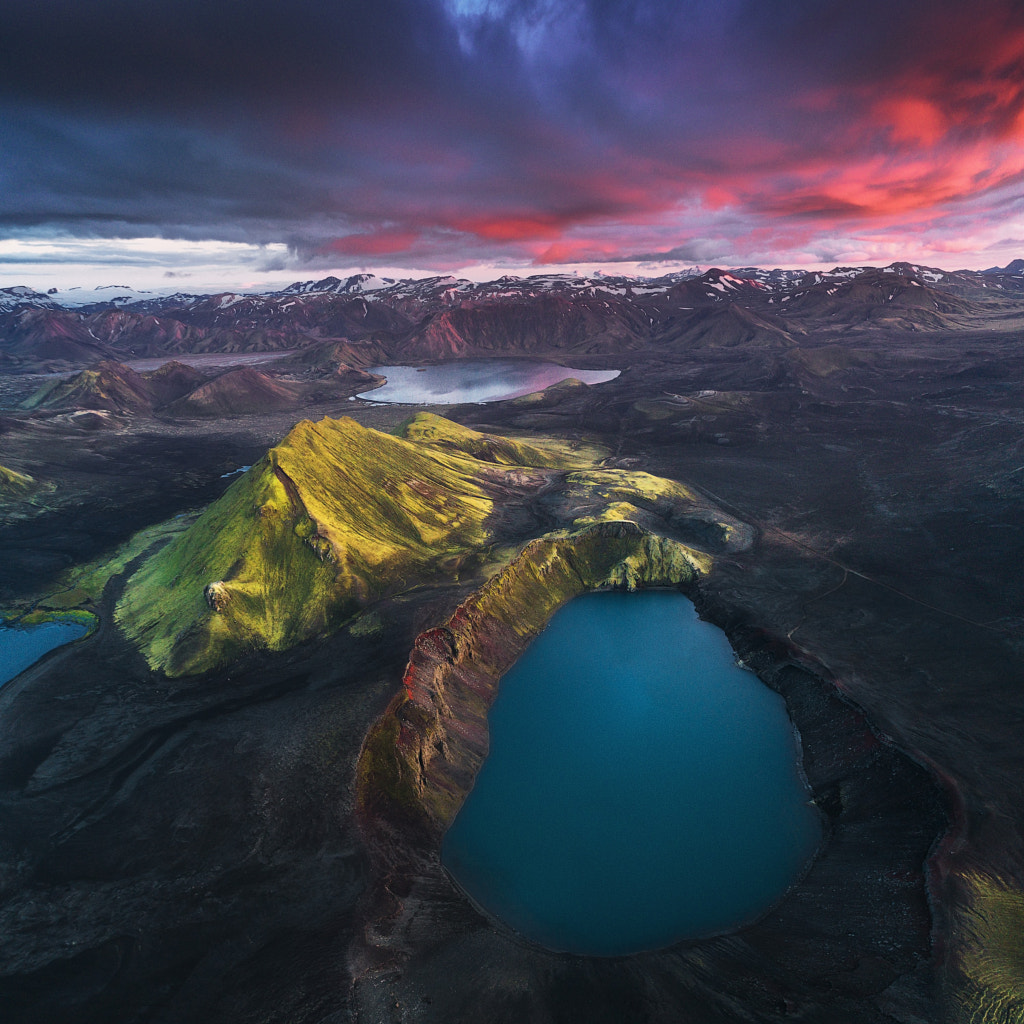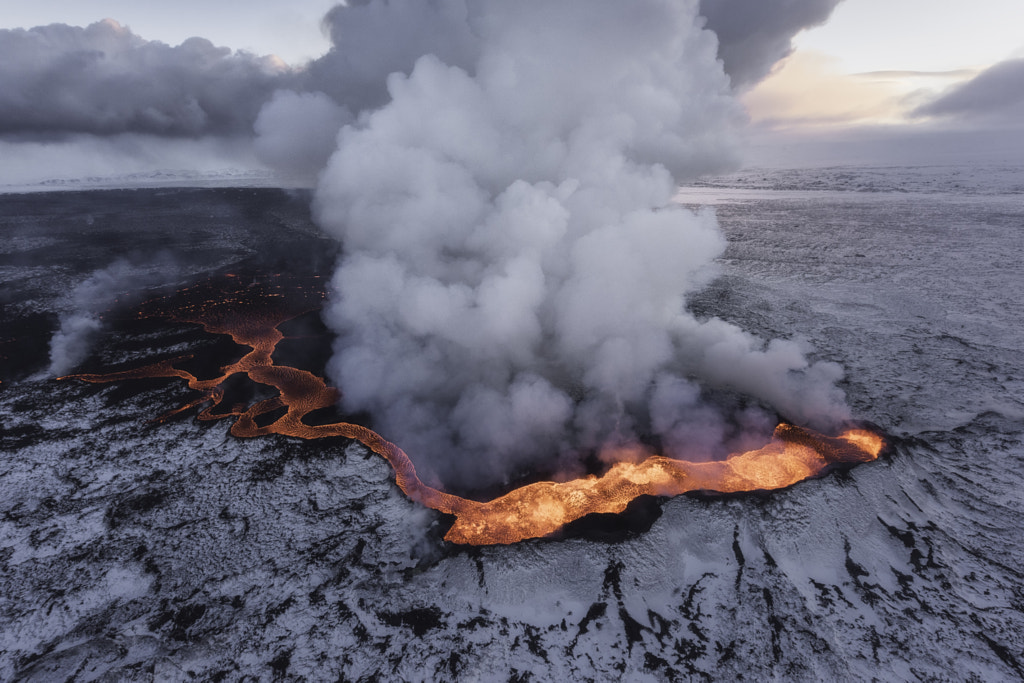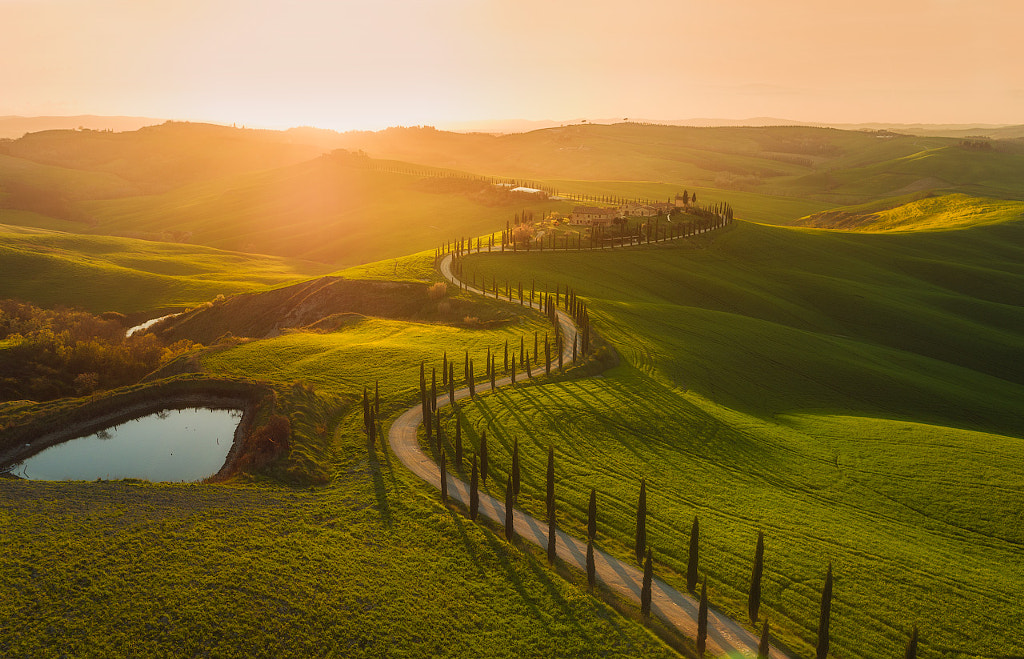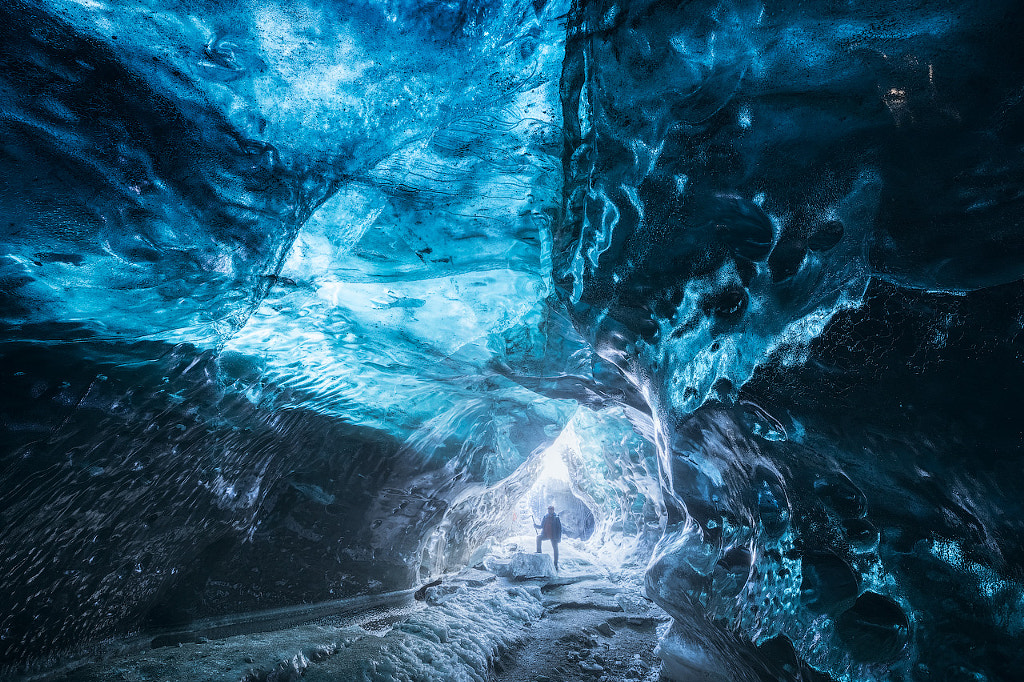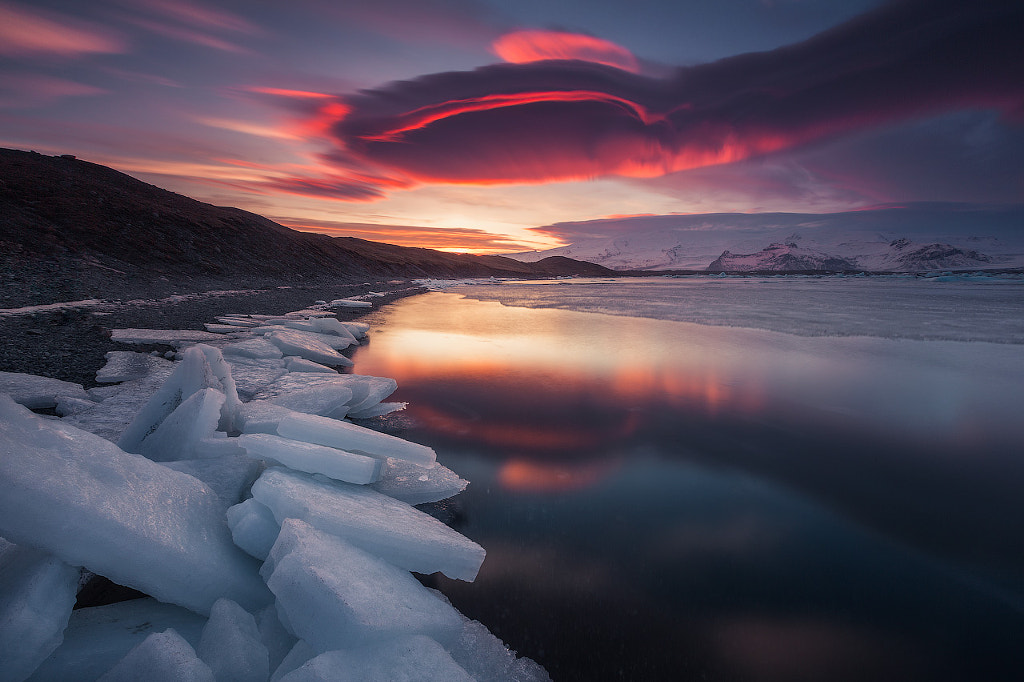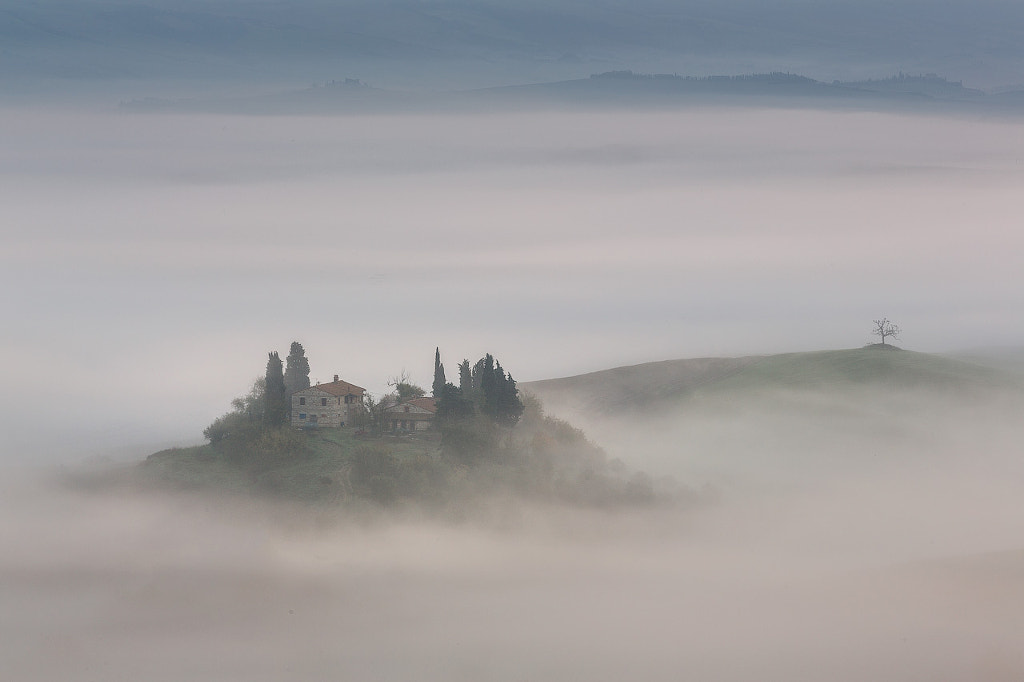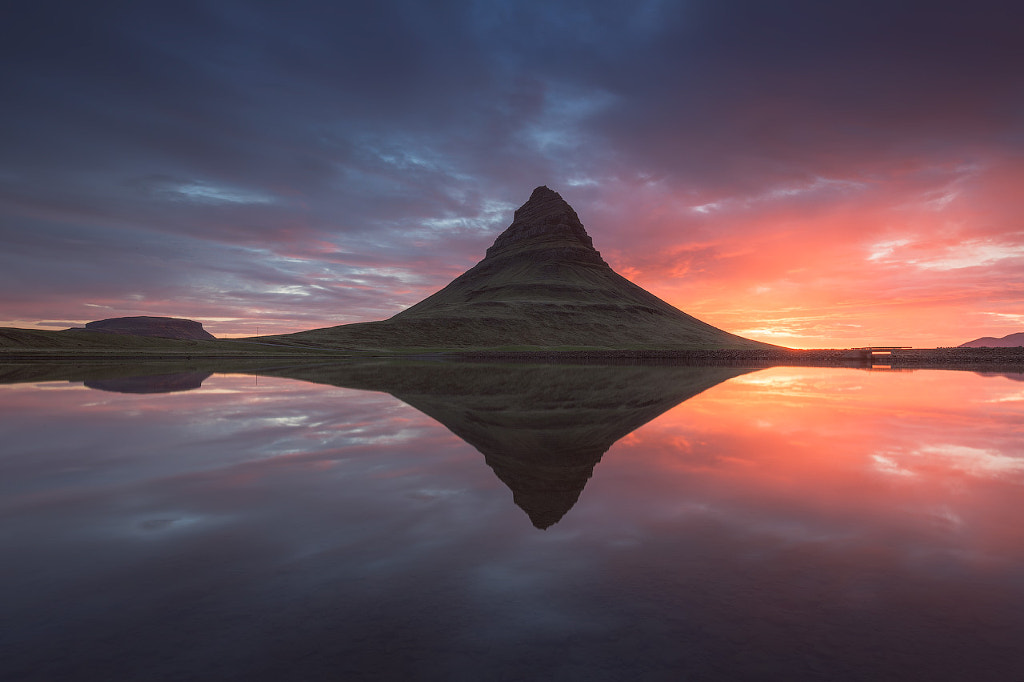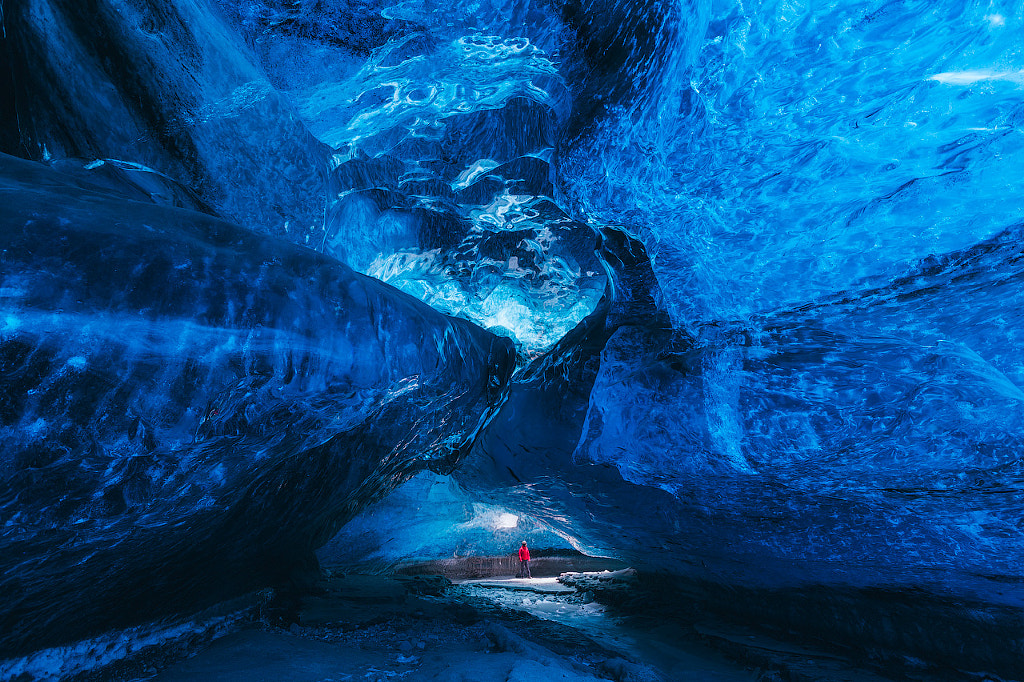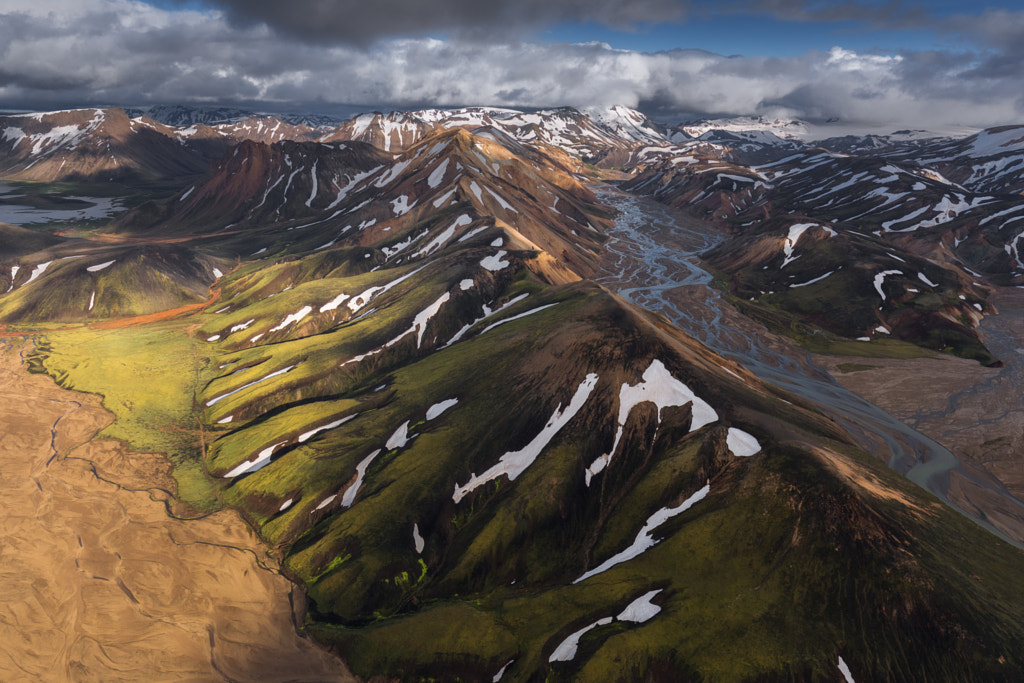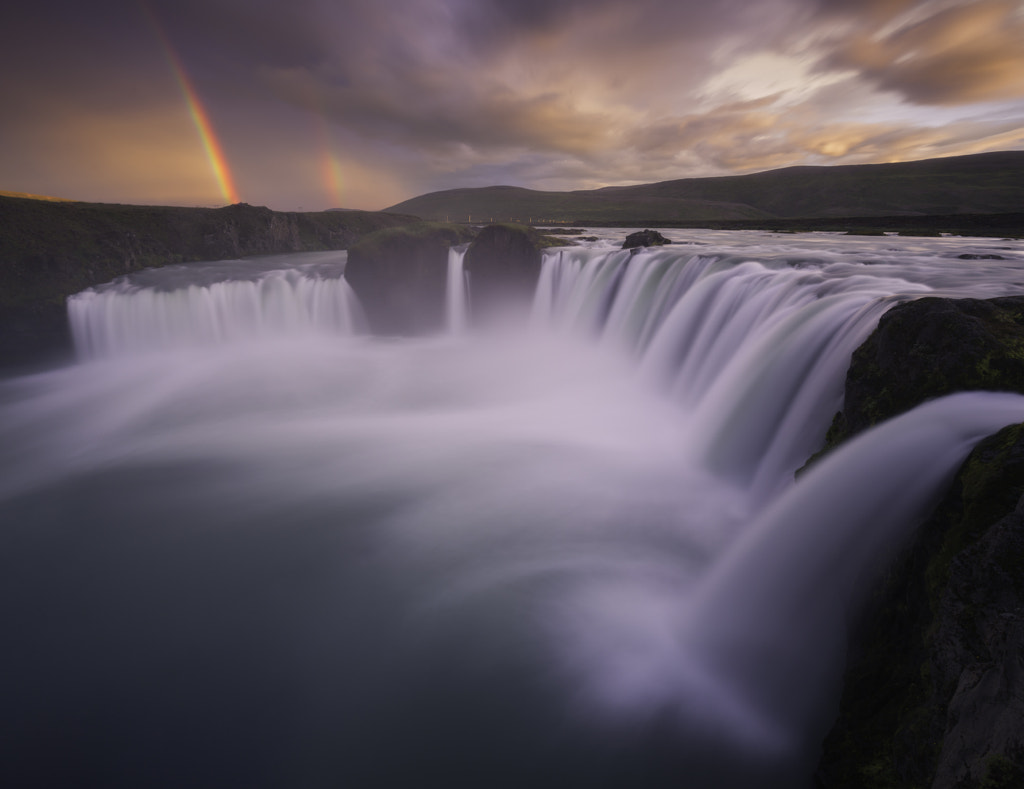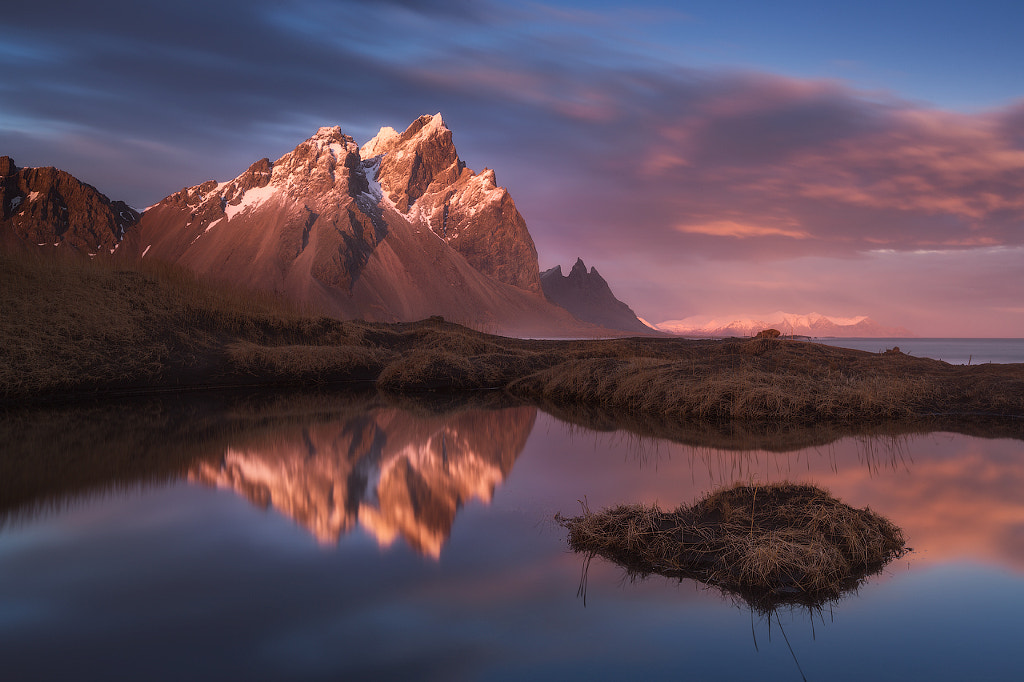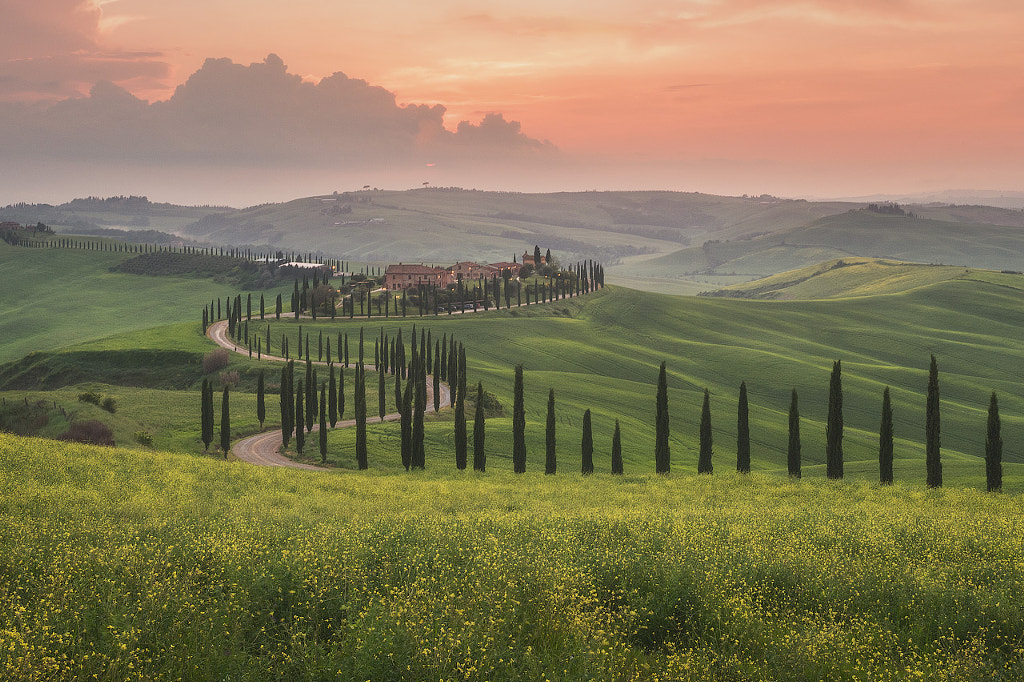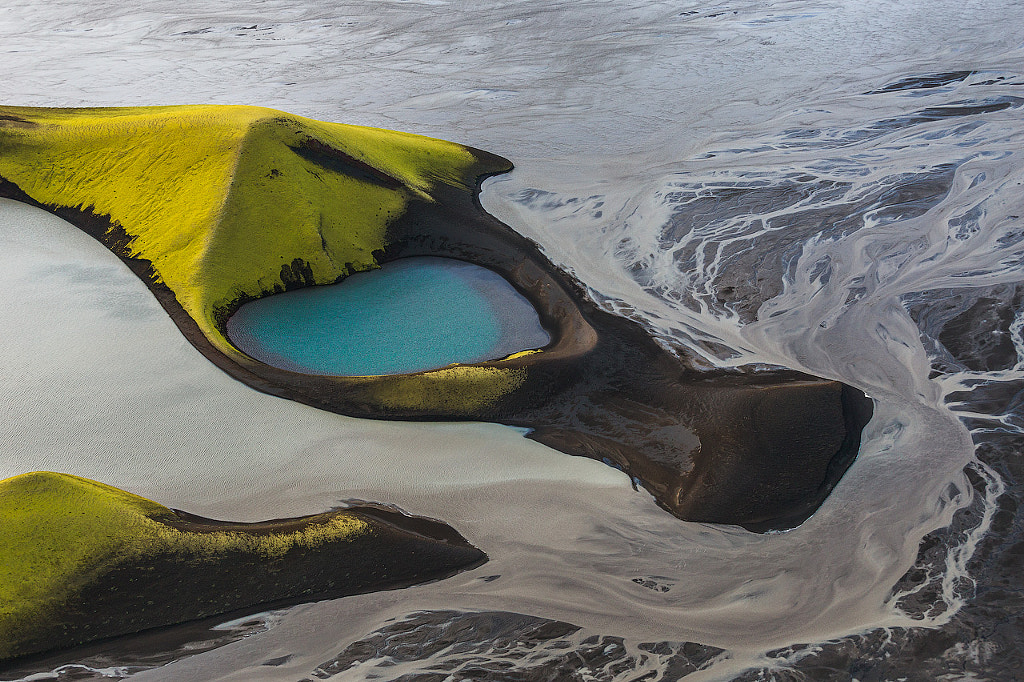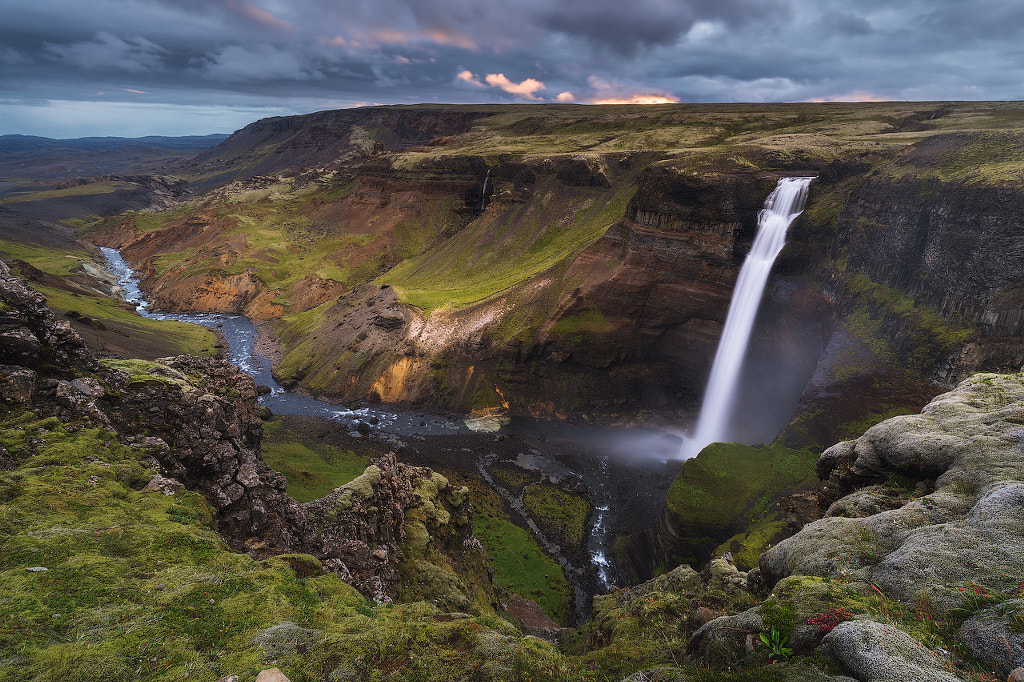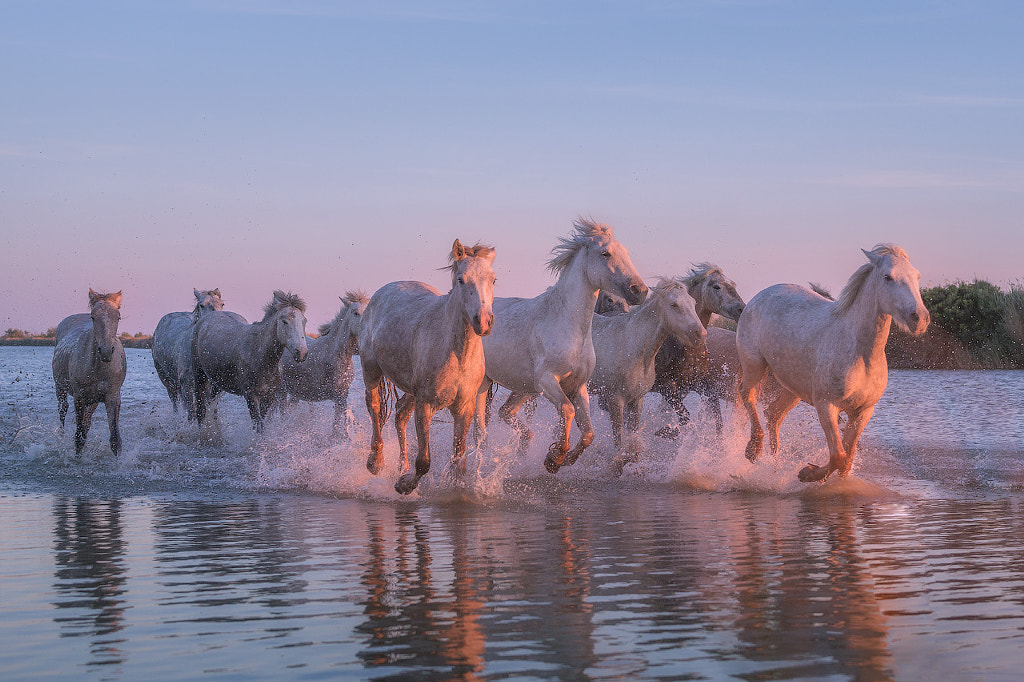Landscape photography may be a popular subject among photographers, but it takes a lot of mastery, patience, and a certain frame of mind to capture imagery that will really stir the viewers’ emotions and minds.
Just ask photographer Iurie Belegurschi, whose own jaw-dropping landscapes never fail to amaze us. In this 500px ISO exclusive, Iurie shares his personal tips that will help you improve your landscape photography from scouting locations to gear recommendations.
Scroll down for a Q&A with Iurie—followed by his photos and a list of 23 helpful tips!
Contents
Q&A WITH IURIE ON LANDSCAPE PHOTOGRAPHY
Hi Iurie! Please introduce yourself to our readers.
IURIE BELEGURSCHI: I’m originally from Moldova. I moved permanently to Iceland in 2006. I work full-time as a professional landscape photographer. I also run photo tours and workshops in Iceland and around the world. In fact, I have an upcoming Winter Workshop starting October, where I will be taking photographers on a hunt for Aurora Borealis and on an ice cave tour. My work has been published in major newspapers, magazines, books, and calendars worldwide. My two passions in life are photography and traveling.
How did you discover photography and how long have you been doing this?
IURIE: I have been shooting for many years, but I got serious about my photography five years ago.
As a landscape and travel photographer, how much time do you spend out in the field?
IURIE: I do mostly tours and workshops in Iceland, Norway, and Greenland, so I am outdoors 90% of the time, shooting with my guests. Sometimes, I go out and take photos on my own during my free time, but that is very seldom. I’m making it a point now to travel at least three to four times a year—my last one being in New Zealand last April.
Your landscape images are otherworldly, but still grounded in the natural world. What type of subjects do you enjoy shooting the most?
IURIE: Icelandic landscapes, of course! I love winterscapes, snow-covered mountains, icy lakes, waterfalls, glaciers, and ice caves. I like night photography the most—shooting the Milky Way, stars, and the Northern Lights. It gives me a sense of fulfillment and peace when I’m outdoors at night, capturing what is relatively hard to fully see with the naked eye.
What about Iceland do you find the most fascinating, and what makes it different from the landscape of other countries?
IURIE: Iceland is a photographer’s paradise, truly “the land of ice and fire”. We have amazing waterfalls all around the country—volcanoes, glaciers, mountain ranges, rivers, lakes, black sand beaches, rocky coastlines, and more. When you combine this with the Northern Lights in winter and the Midnight Sun in summer, the creative possibilities are endless.
In all your years of experience, what has been the most difficult terrain or weather condition to shoot?
IURIE: Definitely mountains and winter. You have to deal with lots of hiking, elevated to get to vantage points from the top. Bringing your gear and the weight of the clothes you wear to keep yourself warm is challenging. You have to be physically and mentally fit to be able to keep doing it. I have been shooting as well in sandstorms, windstorms, and blizzards—those are always a challenge.
What’s the photograph that you are the most proud of?
IURIE: I was guiding a workshop. We had been stuck due to bad weather, but we were planning on shooting at a glacier lagoon. I really wanted everyone to get a great sunset shot, as it was near the end of our trip. So, I took a risk and drove through a major sandstorm to get there. As we arrived, I could see that soon the sky would be on fire. We quickly set up. The result was this photo, which is one of my all-time favorites.
IURIE’S TIPS FOR SHOOTING LANDSCAPE PHOTOGRAPHY
1. Start with a vision of you want to achieve as a landscape photographer.
2. Quality is better than quantity when it comes to landscape photography.
3. Keep yourself motivated. You will realize that landscape photography is not easy—the weather, the hiking, getting the best conditions for the shot or mood you want.
4. Look to others’ work for inspiration, and keep on learning. It never stops.
CHOOSING A LOCATION FOR LANDSCAPE PHOTOS
5. Be prepared and plan ahead for location. Consider the direction or state of the sun and moon.
6. I always look for leading lines, a good foreground, angle of view to the subject, direction of the natural light, and the direction of the moon if there is one.
7. Visit your locations ahead of time, and scout for other vantage points. You may find something that takes a bit more effort and time to reach, and you may not make it if you arrive on the dot.
8. When you arrive at your scene, don’t rush your shots. Take 5 minutes to “see” the scene, and then form your shooting plan.
9. Get to your location early and stay there late.
10. I see photographers shooting for one hour during sunset from the same spot with same composition. Get up, move around, change your direction, change your focal length, and shoot different photos.
11. When you are shooting seascapes, always take a look at the tides before you visit. Some places are better shot in high tide, some in low tide.
12. For seascapes, also take note of the prevailing tide swells in the sea.
TIPS ON ON THE BEST TIME TO SHOOT
13. I prefer to take my photos at 12 o’clock noon—okay, I’m kidding! You cannot get the very best results without missing some sleep. I will get to my location an hour before sunrise or sunset. After sunset, you can find me chasing the Northern Lights!
WHAT GEAR AND EQUIPMENT SHOULD I USE FOR LANDSCAPE PHOTOGRAPHY
14. Get a tripod. I see many new photographers with expensive gear, but very flimsy tripods. It is so important to have a very stable tripod and camera mounting system.
15. Make sure to check the quality of the gear and filters you use. It is foolish to think that everything can be done and corrected in post.
16. I personally shoot with Canon 5DM III. My second body is Canon 6D.
17. My go-to lens for most of my landscapes is the Canon 16-35 f/2.8 II. My passion is in seeing and capturing the wide-angle, so I use the Canon 16-35 f/2.8 II lens most of the time.
18. At night, I love shooting with the Canon 24 f/1.4 lens.
19. For the panoramas I have recently started to shoot, I use Really Right Stuff double-row panorama gear on top of my Really Right Stuff tripod, which is an amazing combination.
20. As I do more panoramas, I am experimenting with longer focal lens lengths to gain maximum resolution of my final image.
21. I don’t rely on much more gear, but I am never without a Circular Polarizer and my Lee Filter System.
POST-PROCESSING TIPS FOR LANDSCAPE PHOTOGRAPHY SHOTS
22. The work is only partially done when you press the shutter. I shoot in RAW and process my photos in Lightroom and Photoshop—it is extremely important.
23. My workflow involves basic moves such as lens correction, chromatic aberration, white balance, and minor tone curve adjustments. From there, it’s very simple. I typically only spend 5-10 minutes finishing an image; mostly, color and exposure adjustments.
We hope you found Iurie’s tips and thoughts on shooting landscapes helpful.
To see more of his work, follow Iurie Belegurschi on 500px, or thumb up his Facebook Page.
For more information on his photo tours and workshops, visit Winter Photo Workshops, Guide To Iceland, or subscribe to his newsletter.
Got a question for Iurie? Got your own landscape photography shooting tips, or stories about Iceland and other amazing terrains that you think we should explore?
Tell us all about it in the comments below!
You Might Also Like These Articles:
